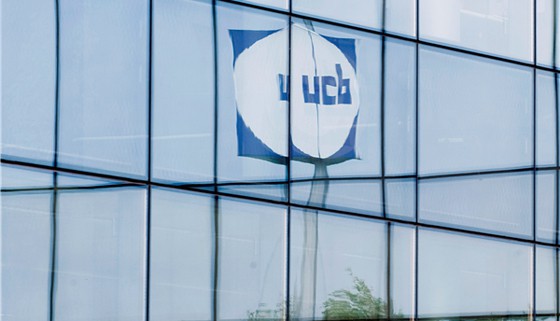
UCB has more positive data for its IL-17A/IL-17F inhibitor bimekizumab, this time showing superiority over AbbVie’s ageing psoriasis blockbuster Humira.
The BE SURE phase 3 study compared bimekizumab to TNF inhibitor Humira (adalimumab) in adults with moderate-to-severe plaque psoriasis.
According to UCB, bimekizumab met its co-primary endpoints at week 16 of the study, demonstrating superiority over Humira in achieving a 90% improvement in the psoriasis area, severity index and investigator global assessment (IGA) response of clear or almost clear.
UCB’s drug also met all of its secondary endpoints with statistical significance – this includes superior total skin clearance at weeks 16 and 24 compared to Humira. It was also statistically superior in achieving rapid response, defined as PASI 75 at week four of the study.
“Today’s BE SURE findings are consistent with the positive results we recently announced for both BE VIVID and BE READY,” said Iris Loew-Friedrich, head of drug development and chief medical officer, UCB.
“UCB is committed to addressing the critical unmet needs of adult patients with moderate-to-severe plaque psoriasis, particularly complete skin clearance. Our phase 3 studies have shown that bimekizumab has the potential to make a meaningful difference for these patients,” she added.
Bimekizumab is one of UCB’s key pipeline drugs, and this latest study is one in a number of head-to-head trials comparing the IL-17A/IL-17F inhbitor to a host of psoriasis drugs.
This includes a recent phase 3 BE VIVID study comparing the drug to Johnson & Johnson’s Stelara (ustekinumab), which bimekizumab also demonstrated superiority over. It is also investigating bimekizumab in a head-to-head trial with Novartis’ IL-17A inhibitor Consentyx (secukinumab) in psoriasis.
This will be an important study, due in large part to UCB’s claim that bimekizumab is a more beneficial treatment because it targets both IL-17A and IL-17F – IL-17F contributes to chronic tissue inflammation.
If it can prove superiority over Cosentyx, UCB may have the upper hand, as well as determining whether IL-17F activity has any significant effect on patient outcomes.
The psoriasis market has seen a wealth of new treatments emerge in recent years, as Humira’s dominant position lapses thanks to upcoming patent expiries in the US and the EU.
This includes a new class of JAK inhibitors, such as AbbVie’s Rinvoq (upadacitinib), Pfizer’s Xeljanz (tofacitinib) and Eli Lilly’s Olumiant (baricitinib).
Although these drugs have demonstrated benefit over Humira, the Institute for Clinical and Economic Review (ICER) recently issued an evidence report that concluded the increased costs of these drugs outweigh the clinical benefit to patients.
ICER’s conclusion that Rinvoq, in particular, only had a ‘marginal’ benefit over Humira could severely damage AbbVie’s hopes of growing sales of the JAK inhibitor to offset the loss of Humira revenues to biosimilar competition.




